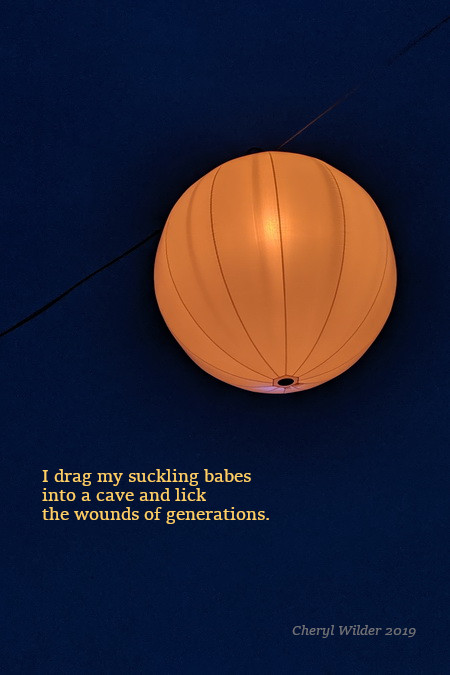
Years ago, when I trained in kung fu, I didn’t have the words to accurately explain the experience. If you saw my face during class, I didn’t look like I was having an ounce of fun. And in the moment, I often wasn’t; I was exhausted and in pain. But by the end (and especially after a belt test), I felt a surge of empowerment and a rush of pure joy. I told my stories of kung fu through that lens of exhilaration, overlooking the preceding misery.
I could have said kung fu was Type II Fun. But who knew there were three types of fun?
Not me, until it was referenced in a story about an Outward Bound expedition where college students were pushed to their physical and emotional limits. When I googled Type II Fun, the only references I found were websites dedicated to extreme outdoor sporting (e.g. REI, Backcountry, and this infographic at Wilderness Magazine). Surely a behavioral or health psychologist had done some research and identified the three types of fun?
Not that I could find. As far as the internet is concerned, Type II Fun was born from those who leave the comforts of their homes to explore the roads less (or often never) traveled. Literal trailblazers.
I am not one of those people, but I connect with this fun. It may actually be what I’m missing in my life right now.
What is Type II Fun?
According to the websites mentioned above, Type II Fun is the kind of fun where you feel miserable in the moment, but in hindsight you think, “that was fun,” and make plans to do it again.
Why would anyone feel defeated, miserable, or exhausted, and then, look back on the experience and use “fun,” “worthwhile,” or “empowering,” to describe the experience?
Here’s what I’ve come up with. There’s three components:
- engage in an activity where I have to use grit* in order to finish;
- stimulate my amygdala (or maybe osteocalcin?);
- feel a sense of accomplishment.
The end result is empowerment and joy.
This fun is about taking on a challenge and overcoming it. Specifically, it’s about using self-reliance and resilience to push through physical, emotional, and mental limitations. Oftentimes it hits all three. You can decide to push yourself to these limits. Or, an activity that began with simply fun (Type I Fun) takes an unexpected downward turn. Either way, you end up telling fond stories of inverted push-ups.
Bottom line: it’s about seeing what you are capable of.
Bringing the fun home
Kurt Hahn, founder of the Outward Bound program, said, “There is more in us than we know. If we could be made to see it, perhaps for the rest of our lives we will be unwilling to settle for less.”
This quote explains why I need Type II Fun. When I was in my early twenties, I struggled emotionally and existentially–my courage and strength in spirit were tested on a daily basis. After a lot of personal exploration, I grew beyond the constraints of my challenges. With renewed energy, I looked for a sport that tested my physical limitations. I started kung fu and loved it. Then I became pregnant with twins and could no longer walk further than from the bedroom to the bathroom. Now, after gaining 70 pounds during pregnancy, natural child birth, and five years rearing the boys at home (which vacillated between Type I and Type II Fun), I’m antsy.
There’s many ways to reap the rewards of fun in the form of challenge without extreme sports. I’m done with child birth and rearing infants, so that’s out. Writing is definitely an activity that stretches my mental and emotional limitations. (Breaking those boundaries can be grueling but is always deeply satisfying.) Public speaking is on the to do list and that is sure to stimulate my fight-or-flight response. But what I need is a new physical challenge. Rock climbing? Crossfit? Marathons?
Whatever it is, I’ll figure it out, now that I know what I’m looking for. And that’s the thing, right? Over the span of our lifetime we change. Our bodies, our perspectives, and our circumstances. To thrive, we need to adapt, persevere, and not settle for less. It helps to believe that we are more than we can imagine. To see challenge as opportunity. And to let the feelings of empowerment and joy propel us into what come’s next.
*I used the definition of grit based on the Merriam-Webster online dictionary. There’s a slightly different definition in psychology, though they both fit the topic.
Quote and photo by author. All rights reserved.



